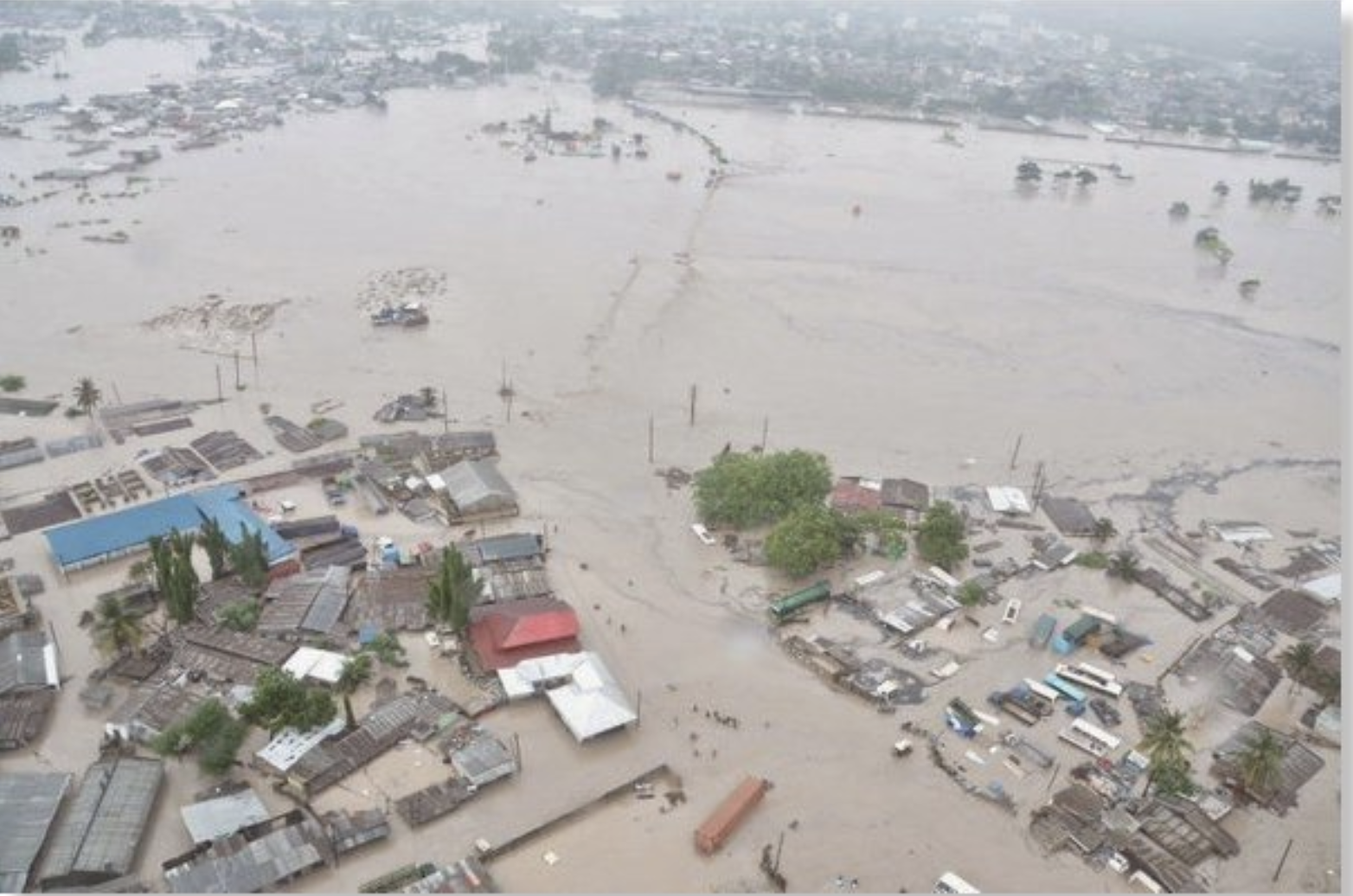Kilimokwanza.org Reporter
The Tanzania Meteorological Authority has issued an alert for 14 regions, predicting heavy rains beginning April 12, 2024. Regions such as Dar es Salaam, Tanga, Zanzibar, and Morogoro are expected to be impacted. These conditions may lead to flooding and disrupt economic activities. Residents are urged to take proactive measures. The forecast indicates that the heavy rains may continue until April 14. Authorities must stay updated with the latest weather reports to safeguard against the expected conditions.
Recent updates on the flood situation in Tanzania show that ongoing heavy rainfall in the Rufiji District of the Coast Region has caused widespread devastation, affecting over 88,000 individuals. As a result, there is an urgent need for essential services, including shelter, food, healthcare, and protection. Out of the 13 wards in Rufiji, 12 have been affected by the floods. Assessments have revealed that 23,000 households have been affected, with 88,000 individuals in need. Approximately 33,930.24 hectares of crops have been affected, and two people, a 20-year-old woman and a one-year-old child, have lost their lives due to the floods. Affected citizens have been relocated to classrooms, but unfortunately, some schools have had to close. The Tanzania Red Cross Society and the government are collaborating to assist, including cash vouchers in Hanang District, Manyara Region.
Additionally, in Nachingwea District of the Lindi Region, southern Tanzania, heavy rains have destroyed 699 houses, leaving at least 1,660 people homeless. The government is actively working to provide temporary housing and is seeking humanitarian aid to assist those affected.
Potential Devastation for Farmers:
These heavy rains pose a serious threat to Tanzania’s agricultural sector. The predicted flooding could devastate crops, wash away fertile topsoil, and drown livestock. This reduces harvests for the current season and can harm soil fertility for future plantings. Additionally, damaged roads and bridges due to floods could disrupt the transportation of agricultural products, potentially leading to economic losses and food price hikes.
Proactive Measures Urged:
The TMA urges residents in the affected regions to take proactive measures to mitigate the potential impacts. Staying informed through weather advisories is crucial. Residents can prepare by clearing drainage ditches, securing livestock, and storing essential supplies. Authorities are also advised to closely monitor the situation and be ready to implement emergency response plans if necessary.
The Looming Threat of Continued Rains:
The forecast paints a concerning picture, with heavy rains potentially persisting until April 14. This extended period of downpours significantly increases the risk of widespread flooding and its devastating consequences.
Beyond the Crisis: Building Resilience
While the immediate challenges are substantial, this situation presents an opportunity to build resilience for the future. Here are some key areas of focus:
- Relief efforts: Providing immediate support to affected farmers with food aid, seeds, and veterinary services.
- Infrastructure repair: Repairing damaged roads and bridges to ensure smooth transportation of agricultural goods.
- Climate-smart agriculture: Encouraging the adoption of drought-resistant crops, water conservation techniques, and improved drainage systems to better prepare for future extreme weather events.
By taking proactive measures and working together, Tanzania can navigate these difficult times and ensure the long-term sustainability of its vital agricultural sector.
